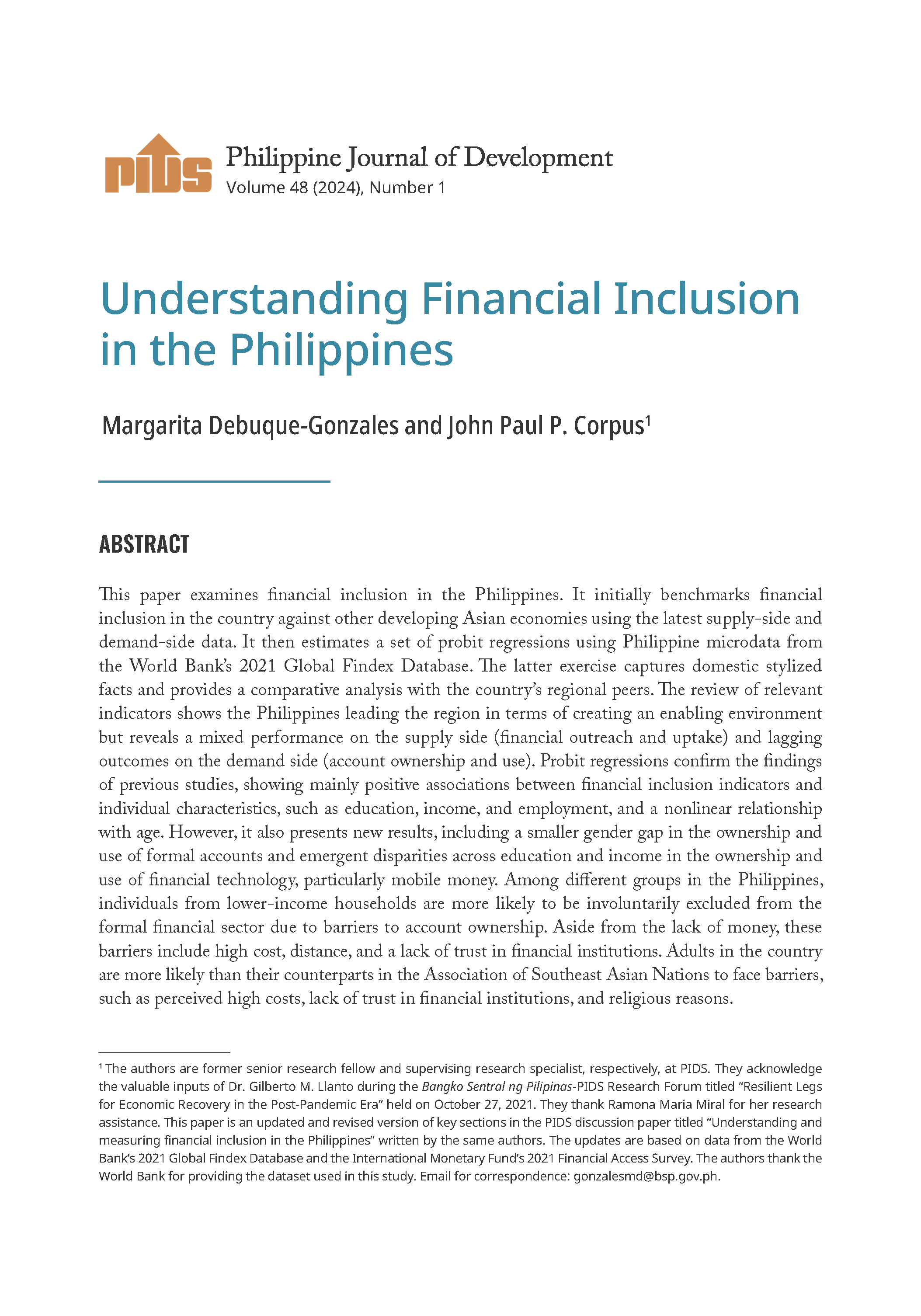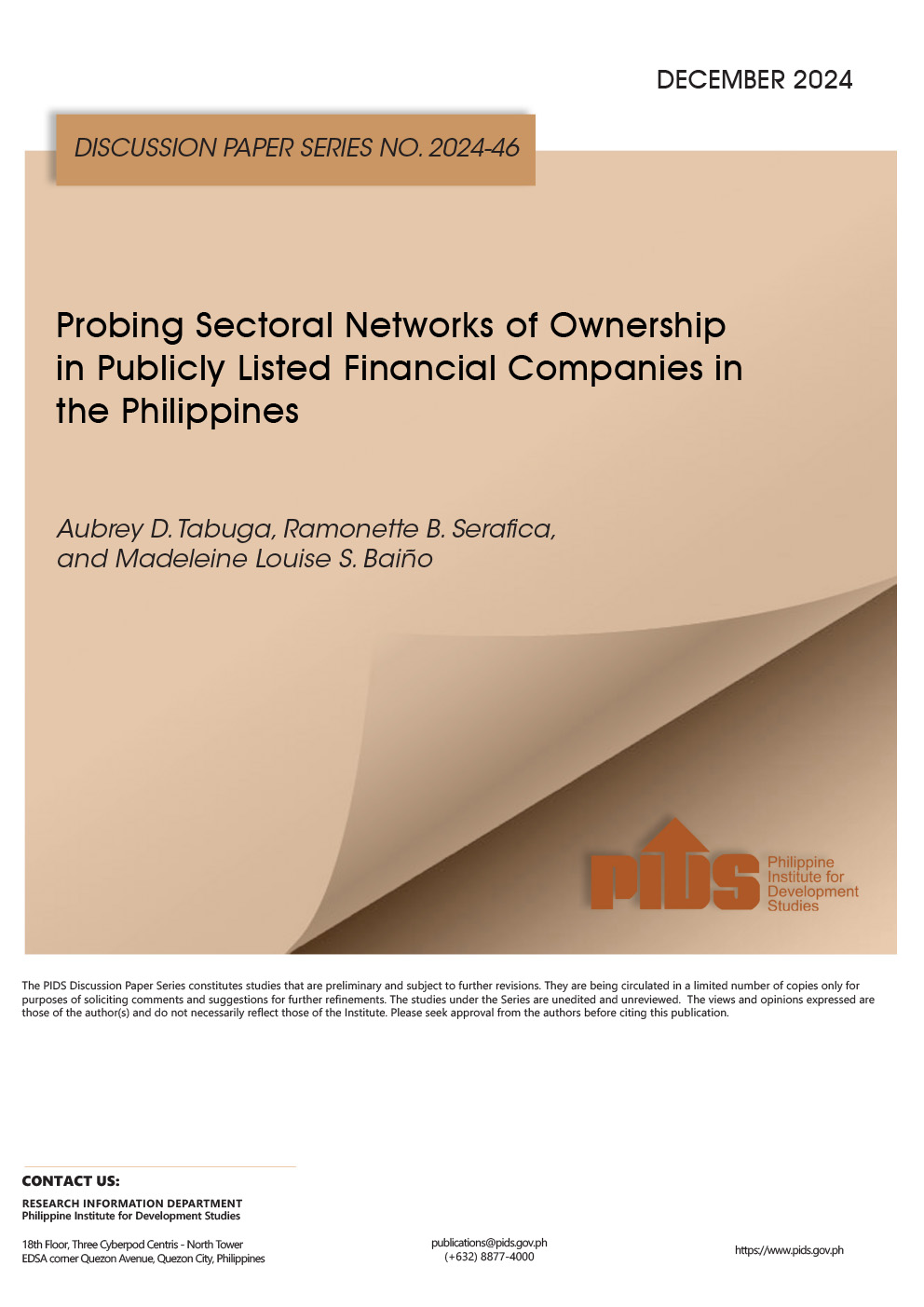MANILA, Philippines—To finance the budget, the government will borrow another P200 billion from local creditors in May through the issuance of treasury bills and bonds.
To expand the domestic government securities market, the Bureau of the Treasury (BTr) was also looking into so-called municipal bonds while trying to attract more foreign participation.
In an April 27 memo to all government securities eligible dealers (GSEDs), Deputy Treasurer and BTr officer-in-charge Erwin Sta. Ana said the Treasury will offer a total of P60 billion in short-dated T-bills, plus P140 billion in treasury bonds next month.
Similar to previous months’ offerings, the BTr will auction off P15 billion in treasury bills — P5 billion each in the benchmark 91-, 182-, and 364-day tenors — during the first four Mondays of May.
The BTr will also borrow P35 billion via long-maturing T-bonds weekly on the first four Tuesdays of next month. In particular, to be offered will be three-year bonds on May 3; five-year on May 10; seven-year on May 17; as well as 10-year on May 24.
For 2022, the government will borrow a total of P2.2 trillion, of which three-fourths or P1.65 trillion would be from the domestic debt market. The Philippines has been sourcing bulk of its financing requirements locally to take advantage of flushing liquidity in the financial market while tempering foreign exchange risks.
At a joint roundtable organized by the Asian Development Bank (ADB) and the International Monetary Fund (ADB) last Wednesday (April 27), Sta. Ana said the BTr was looking to launch municipal or local government unit (LGU) bonds. “Studies are currently being conducted on this,” he said.
In a text message on Thursday (April 28), National Treasurer Rosalia de Leon explained that municipal bonds may be the tool to finance LGU programs and projects through the capital market, complementing bank financing. At present, LGUs borrow from state-run banks for their priority projects, mostly infrastructure.
As early as 1995, the state-run think tank Philippine Institute for Development Studies (PIDS) already pitched the development of a local government bond market in the Philippines.
With the implementation of the Supreme Court’s Mandanas-Garcia ruling in full swing starting this year, LGUs have taken on bigger responsibilities devolved from the national government given their bigger share in the national budget from all yearly tax collections.
Sta. Ana said the BTr was “also looking at possibly more foreign participation” in the domestic bond market.
“We’re just about 1.5-percent foreign holdings here [in the Philippines] as of March. I guess what holds us back here is really the withholding tax. There’s pending legislation to reduce the final withholding tax [on interest income] from 20 percent to 15 percent,” Sta. Ana said.
He was referring to the proposed passive income and financial intermediary taxation act (Pifita).
De Leon also confirmed to the Inquirer last month that the BTr plans to introduce an “amortizing bond” this year to maintain demand from GSEDs who were wary of long debt exposure amid climbing interest rates.








